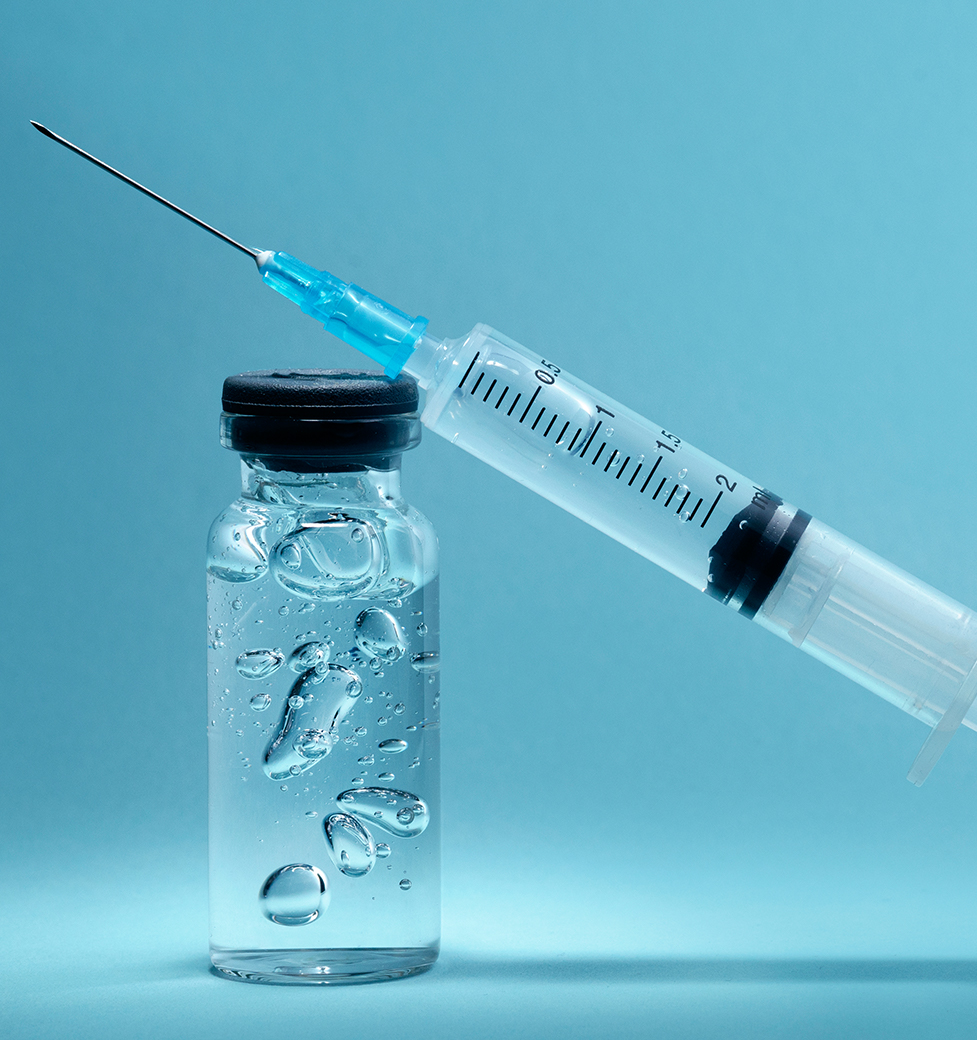
What is a generic medicine?
Focus Care’s medicines are generic medicines. But what is a generic medicine exactly? Why do they cost less than brand-name medicines? Are generic medicines as safe as brand-name medicines? Are there any differences? You can find answers to all these questions below.
What is a brand-name medicine?
To understand what generic medicines are, it’s helpful to know what is considered a brand-name medicine. And to understand what is considered a brand-name medicine, it’s useful to know what a patent is and how it functions.
If you invent a product, you can protect it by applying for a patent. If your invention is granted a patent, you have the exclusive right to produce your product for a certain period of time. At the end of this period, other companies may replicate your invention.
Inventors invest a huge amount of time and money in their inventions. Patents are just one of several legal instruments that protect inventors from imitators looking to capitalise on the invention without paying the inventor.
New medicines can also be protected by patent and are known as ‘brand-name medicines’.

What is a generic medicine?
Other manufactures are banned from producing a patented brand-name medicine as long as the patent is valid. As soon as it expires, the formula for the medicine — the instructions on how to make it — passes into the public domain. From that point, other manufacturers may produce the medicine, which is then known as a ‘generic medicine’.

Why do generic medicines cost less than brand-name medicines?
All medicines sold in the Netherlands must be registered by the regulator so that patients can be confident that prescription drugs from their GP are safe and effective. It takes a lot of time and money to have a new medication authorised since manufacturers have to carry out a tremendous amount of research and testing to demonstrate product safety and efficacy.
Despite being based on the brand-name medicine’s formula, generic medicines are not an exception. However, as applications to register a generic medicine may refer back to the brand-name medicine’s dossier, often known as the ‘reference medicine’, there may be no need to repeat certain research or tests carried out in the past.
This leads to lower costs, which, in turn, lowers the price of the generic medicine.

Are generic medicines as safe as brand-name medicines?
As stated above, generic medicines must meet stringent safety and efficacy criteria to receive marketing authorisation. The generic medicine and the brand-name medicine must comply with the same regulatory requirements. The Dutch Medicines Evaluation Board (CBG-MEB), the country’s official regulator, issues marketing authorisations for medicines sold in the Netherlands.
The CBG must also approve any adaptions to the medicine by the manufacturer, even those as minor as an administrative change or an amendment to the package leaflet. Given the CBG’s strict standards, requirements and inspections, you can be confident that a registered generic medicine is as safe as the brand-name medicine.

Are there any differences between a generic medicine and the brand-name medicine?
A medicine consists of active and non-active ingredients. The active ingredients give the medicine its effect, hence the name. The non-active ingredients determine other factors, such as the taste of the medicine or its colour.
- According to regulations, the composition of the active substances in the generic medicine must be identical to that of the brand-name medicine.
- The pharmaceutical form must be identical as well: if the brand-name medicine is a tablet, syrup or capsule, the generic medicine must also be a tablet, syrup or capsule, respectively.
- The two medicines must also be bioequivalent: the occurrence rate of side effects must be the same, or the body must absorb the active substance in the same way.
- The non-active substances of a generic medicine may differ from those of the brand-name medicine.
If you would like to know more or have any questions, please read the brochure created by the Dutch Medicines Evaluation Board (CBG-MEB) in collaboration with patient organisations, GPs and pharmacists. Download the ‘Answers to questions about unbranded medicines’ brochure (PDF).


